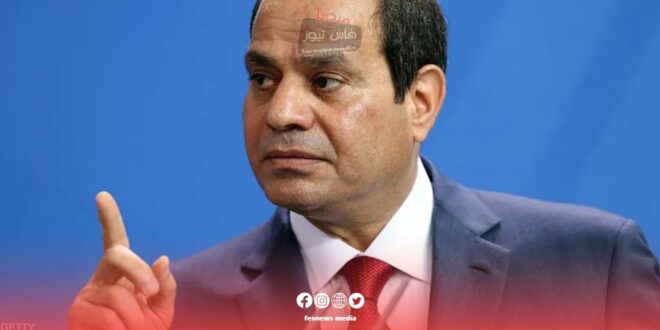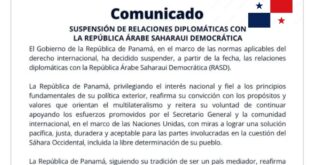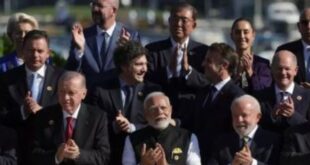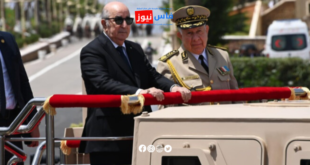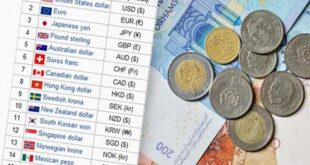In a controversial report, the BBC attacked Egyptian President Abdel Fattah al-Sisi and his regime, questioning how the regime has succeeded in destroying political opposition in the country. The report highlights a series of government decisions that have negatively affected more than 75 million Egyptians, including raising the price of subsidised bread, electricity cuts, fuel price hikes, and unprecedented inflation.
The report notes that these decisions, which can only be taken at the direct behest of al-Sisi, have passed with little opposition, as the regime has succeeded in restricting freedom of opinion and expression by passing strict laws that allow for arrest for mere criticism on social media. Hundreds of activists and politicians are languishing in prisons on charges of spreading false news and belonging to banned groups.
The report also explains that the regime relies on multiple means to curb dissent, including arrests, enforced disappearances and extrajudicial killings, such as that of Italian researcher Giulio Regeni. Anti-terrorism laws are one of the main tools used by the regime to track down journalists and activists.
In the electoral context, the report notes that the Egyptian regime is severely clamping down on potential candidates, making any chance for the opposition to take over impossible. A notable example is the case of former presidential candidate Ahmed El Tantawy, who withdrew from the race after accusing the government of placing obstacles in front of his supporters, was sentenced to prison and banned from running for elections for five years.
In the end, the BBC report calls for radical reforms to ensure freedom of opinion and expression and allow for a genuine opposition that works for the good of the Egyptian people.
From the website: Fas News
 فاس نيوز ميديا جريدة الكترونية جهوية تعنى بشؤون و أخبار جهة فاس مكناس – متجددة على مدار الساعة
فاس نيوز ميديا جريدة الكترونية جهوية تعنى بشؤون و أخبار جهة فاس مكناس – متجددة على مدار الساعة

